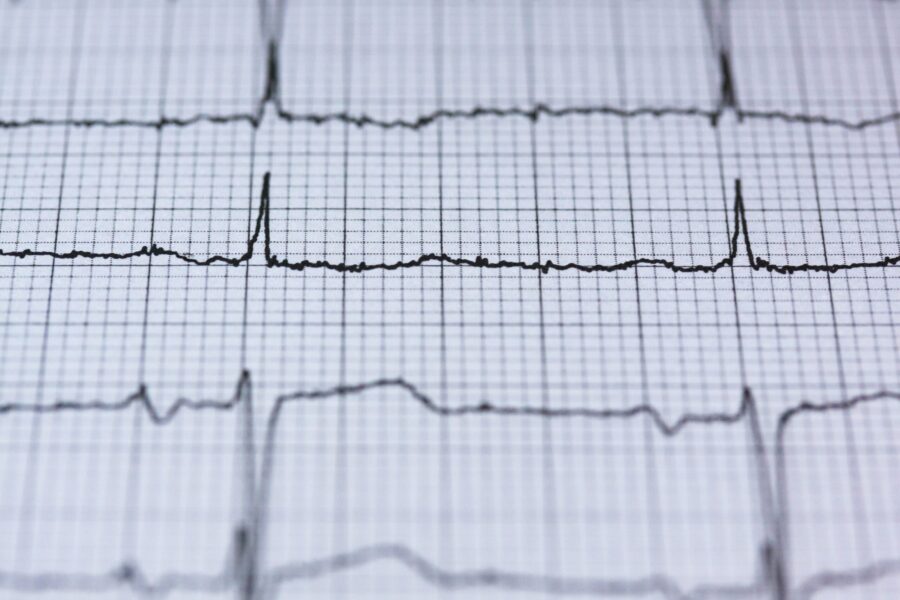

1. ruptures (v)
to (cause something to) explode , break, or tear
2. fatigue (n)
extreme tiredness
3. prognosis (n)
a doctor’s judgment of the likely or expected development of a disease or of the chances of getting better
4. inhibitors (n)
something that stops or slows down a process
5. prescribed (adj)
set by a rule or order
6. plaque (n)
a substance that may grow inside the body with certain diseases
What You Need to Know About Heart Attacks

Causes and risk factors
Coronary artery disease (CAD) is the most common cause of heart attacks. CAD is a buildup of fatty deposits, called plaque, in the arteries located on top of the heart muscle before entering the organ. The build-up of plaque over many years is called atherosclerosis. “Sometimes the plaque ruptures for reasons we don’t know and causes a blood clot,” says Muhammed Bhatti, MD, a cardiologist with Southern Hills Hospital and Medical Center in Las Vegas, Nevada.
You’re at increased risk for a heart attack if you smoke, have high blood pressure, have high cholesterol, are overweight, eat an unhealthy diet, are sedentary or have high blood sugar due to diabetes or prediabetes. Metabolic syndrome—a dangerous combination of abdominal fat, high blood pressure and high blood sugar—also increases your chance of a heart attack. Other factors include age—you’re more likely to have a heart attack if you’re a man over 45 or a woman over 55; a family history of heart attack; or if you’ve previously had one.
Prevention
The most important prevention piece is not smoking, according to Bhatti. “Cigarette smoke contains toxins that probably cause inflammation in blood vessels,” he says. “These toxins also cause the buildup of plaque.”
Other pieces of the prevention puzzle include taking any prescribed medication, regular exercise—Bhatti recommends 30 to 40 minutes of walking or biking per day—and a heart healthy diet. That means, “no processed foods, avoid refined sugars, refined carbs and fried foods,” says Bhatti.
Resource: https://www.sharecare.com/health/heart-attack/article/what-you-need-to-know-about-heart-attacks

- What do you know about the human heart?
- What enters into your mind when you hear the word “heart”?
- What do you know about heart transplants?
- Do you worry about having a heart problem?
“ It is only with the heart that one can see rightly; what is essential is invisible to the eye “.
Antoine de Saint
“ When the heart speaks, the mind finds it indecent to object.”
Milan Kundera

 Advanced
Advanced




